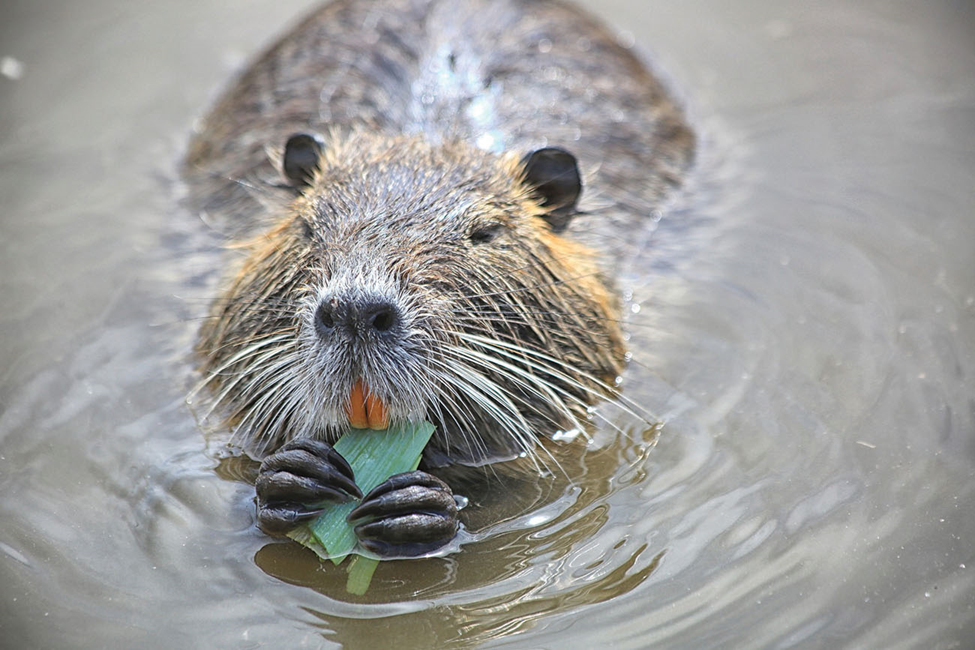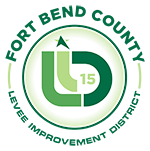Rescheduled Nutria Abatement

Nutria (Myocastor coypus)
LID 15 continues to address maintenance issues in Riverstone lakes and wetlands that are caused by nutria. Nutria are considered an invasive species, and in 2020 the District started a program to control their population in Riverstone. Nutria are more than a nuisance animal, as their burrows can cause stability issues with the levee. They also consume and destroy valuable wetlands vegetation that LID 15 is legally required to maintain under federal law. Due to potential risks to the levee, wetlands, and public health and safety, the nutria must be removed from the community.
The District is scheduled to perform additional nutria abatement May 5 during the overnight hours: 12:00 a.m. to 7:00 a.m. to successfully remove this invasive species from the community, pest control contractors must work late at night in public parks that are adjacent to homes and backyards. The contractors will be present in wetlands area around Riverstone and all personnel will be uniformed and clearly identifiable to residents. The District has also coordinated with the Precinct 3 Constable to patrol the area in case any residents are alarmed or unaware of this public notice.
The District appreciates the communities patience dealing with nutria issues and thanks residents for their understanding and consideration.

